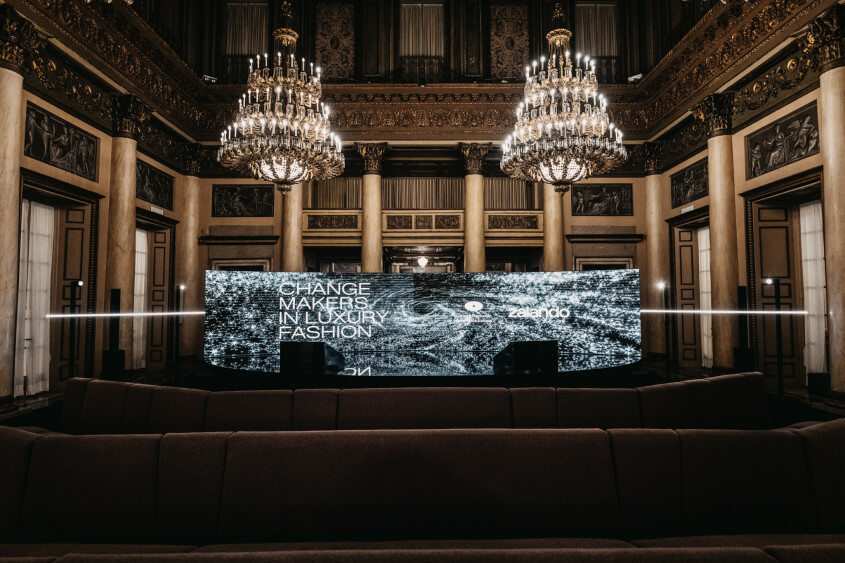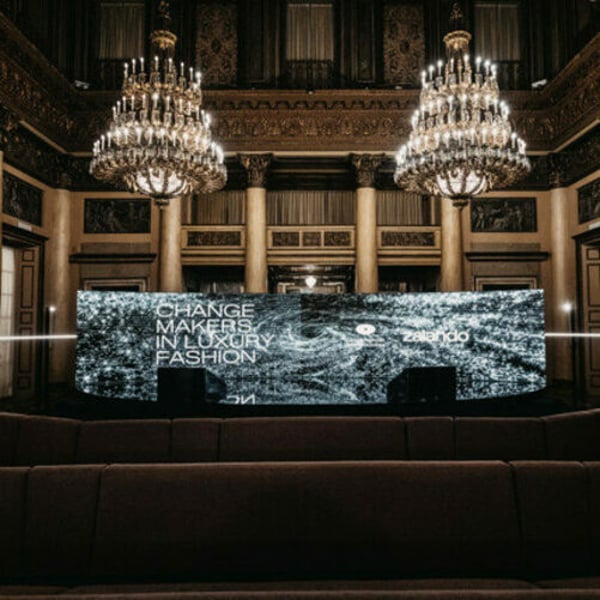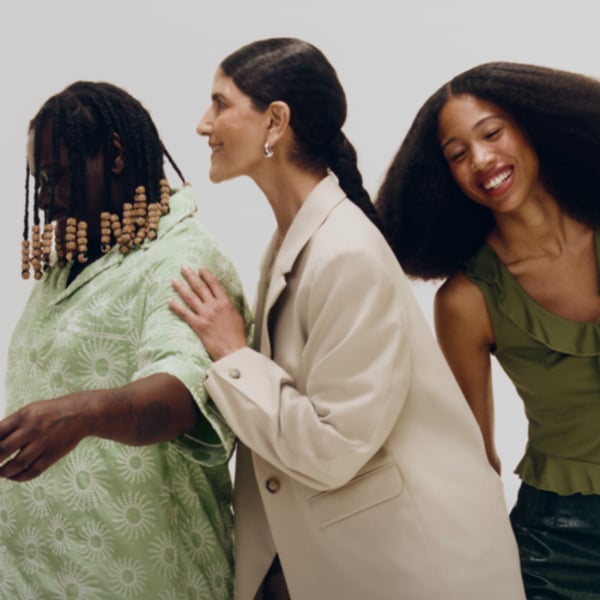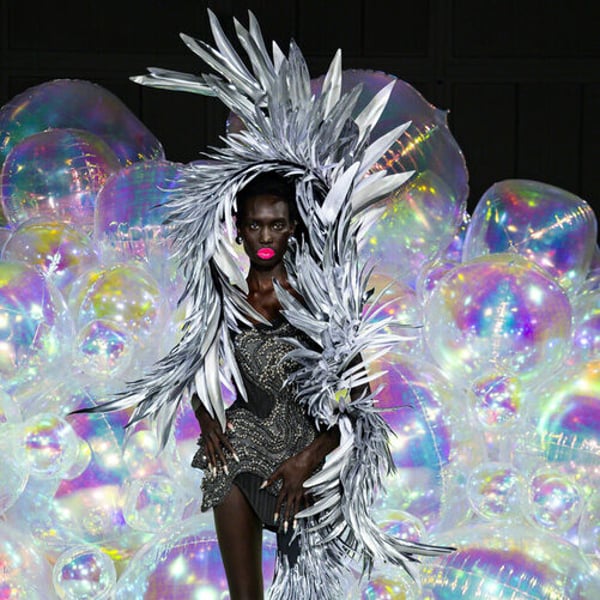The Camera Nazionale della Moda Italiana (CNMI) and Zalando hosted a special Changemakers event in Milan late last week. Part awards ceremony, part seminar, it highlighted the importance of brands evolving to make the most of the opportunities in the luxury sector.

It was the third edition of their ongoing Changemakers in Luxury Fashion series with key players from Kering, Prada, Tod’s and more being honoured.
Meanwhile, Bain & Company, Highsnobiety and Zalando also presented insights into the state of the luxury market and what it takes to redefine luxury for the next generation of consumers.
First those honorees. Francesca Bellettini, deputy CEO of Kering, was named in the ‘Brand Vision’ category and she emphasised “proactive versus reactive approaches”. She shared her perspective on “the distinction between a compelling brand vision and a good strategy and how to ensure a vision drives culture, innovation, and longevity across Maisons”.
Meanwhile Prada Group chief marketing officer and head of corporate social responsibility Lorenzo Bertelli was recognised in the Innovation category. He talked about the group’s “diverse approach to innovation”, including initiatives from the Sea Beyond programme dedicated to ocean literacy and R&D in the aerospace sector.
Tod’s Group president Diego Della Valle was hailed in the category Craftsmanship and emphasised “the enduring significance of ‘Made in Italy’ for Tod’s, highlighting its continuous evolution within a modernising industry”. He provided examples of how Tod’s “balances its rich heritage with contemporary advancements, integrating new technologies and materials while preserving its artisanal foundations”.
Others honoured included Giuliano Calza, creative director of GCDS with the founders and creative directors of Sunnei, Simone Rizzo and Loris Messina in the New Gen category. They talked about the relationship between fashion and new generations “thanks to the creation of cultural moments that go behind the runways”. They discussed “the motivation behind their projects, the capacity of balancing creativity and commerciality and the importance of the designer’s personality on the brand’s identity”.
As for the insights presented at the event, Bain’s top luxury expert Claudia d’Arpizio emphasised that brands “need to reaffirm the foundations of luxury and intentionally shape the industry’s future”.
While the demand for luxury “remains strong, its next frontier is yet to be uncovered,” she said. “To seize this opportunity, brands must return to the fundamentals — anchoring their promise in quality, exceptional craftsmanship, and the power to inspire dreams, all while removing barriers to access. The true challenge for the future of this industry lies in reigniting the emotional pull of luxury for consumers, while deliberately transcending traditional business boundaries”.
And she called out five key focus areas that include reshaping market boundaries through the blurring of spending between goods, services, and experiences; redefinition of competition by both incumbents and tech-fuelled insurgents; shifting customer behaviours; the evolution of the distribution landscape; and the need to safeguard the luxury supply ecosystem “amidst uncertainty, volume reduction, and a growing focus on sustainability”.
Highsnobiety founder and CEO David Fischer also presented the media brand’s new white paper, Luxury Redefined: Stop selling the dream, start fitting into reality. The findings include “the shift from aspiration to relevance, where cultural fit now outweighs the traditional dream-selling approach, and the renewed importance of product quality and craftsmanship over superficial marketing. Fischer emphasised the increasing value placed on legacy and archival storytelling, contrasting with the diminishing appeal of fleeting novelty”.
He explained that the report shows “a fundamental shift: 71% of core luxury consumers say the definition of luxury has changed in the last five years. Today’s consumers seek cultural authenticity and tangible quality; they value brands that embed themselves in the real world with compelling legacy storytelling and immersive experiences, rather than betting on fleeting novelty. Luxury is moving decidedly from aspiration to relevance, from selling a dream to embracing reality”.
Finally, Zalando’s VP designer Lena-Sophie Roeper and director of product management Brian Kim, “addressed the challenges facing the luxury sector, such as a perceived disconnect with customers and the evolving, non-linear paths to purchase”.
They highlighted Zalando’s “commitment to innovation, not through technology as a standalone solution, but as an enabler of a holistic, seamless, and curated customer experience. Zalando showcased the solutions to bridge offline and online experiences and deliver personalised, immersive storytelling”.
Roeper also said that “the once captivating luxury space now feels fatigued, leaving customers yearning for deeper connection and meaning”.
Copyright © 2025 FashionNetwork.com All rights reserved.




